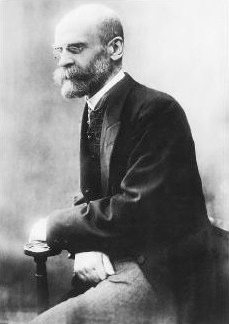| << Chapter < Page | Chapter >> Page > |

Sociologists rely on organizational frameworks or paradigms to make sense of their study of sociology; already there are many widely recognized schemas for evaluating sociological data and observations. Each paradigm looks at the study of sociology through a unique lens. The sociological examination of government and power can thus be evaluated using a variety of perspectives that help the evaluator gain a broader perspective. Functionalism, conflict theory, and symbolic interactionism are a few of the more widely recognized philosophical stances in practice today.
According to functionalism, the government has four main purposes: planning and directing society, meeting social needs, maintaining law and order, and managing international relations. According to functionalism, all aspects of society serve a purpose.
Functionalists view government and politics as a way to enforce norms and regulate conflict. Functionalists see active social change, such as the sit-in on Wall Street, as undesirable because it forces change and, as a result, undesirable things that might have to be compensated for. Functionalists seek consensus and order in society. Dysfunction creates social problems that lead to social change. For instance, functionalists would see monetary political contributions as a way of keeping people connected to the democratic process. This would be in opposition to a conflict theorist who would see this financial contribution as a way for the rich to perpetuate their own wealth.
Philosopher and social scientist Karl Marx was a seminal force in developing the conflict theory perspective. He was a proponent of conflict, in general, because he felt that it was the only means of promoting positive change for the underprivileged. Marx did not agree with Durkheim’s notions of cooperation and interdependence; he instead saw society as a stage for exploitation and strife.
G. William Domhoff, a contemporary sociologist, is a modern-day proponent of Marx’s theories and has written numerous commentaries on the existence of a modern-day power elite in American society. Domhoff (2011) has devoted a considerable amount of energy to his effort of pointing out the power elite’s influence on policy and society in general.
Domhoff’s 1967 publication Who Rules America? established his reputation as controversial and bold social scientist. Drawing on powerful ideas already explored by Mills and Marx, Domhoff pointed out uncomfortable realities about the American political and social systems. Today Domhoff is still a vocal participant in the field of sociology, publishing current books, teaching in the University of California system, and maintaining a website that offers a sampling of his professional work and studies on topics related to sociology.

Notification Switch
Would you like to follow the 'Global sociology' conversation and receive update notifications?